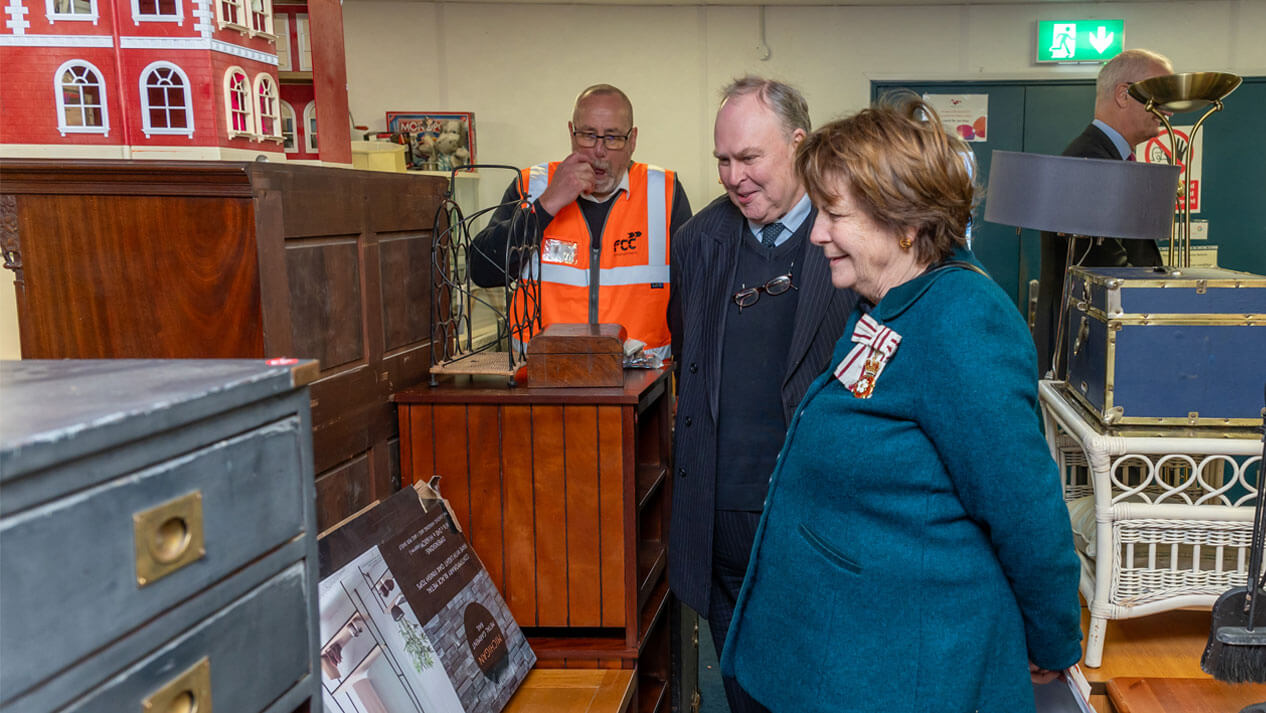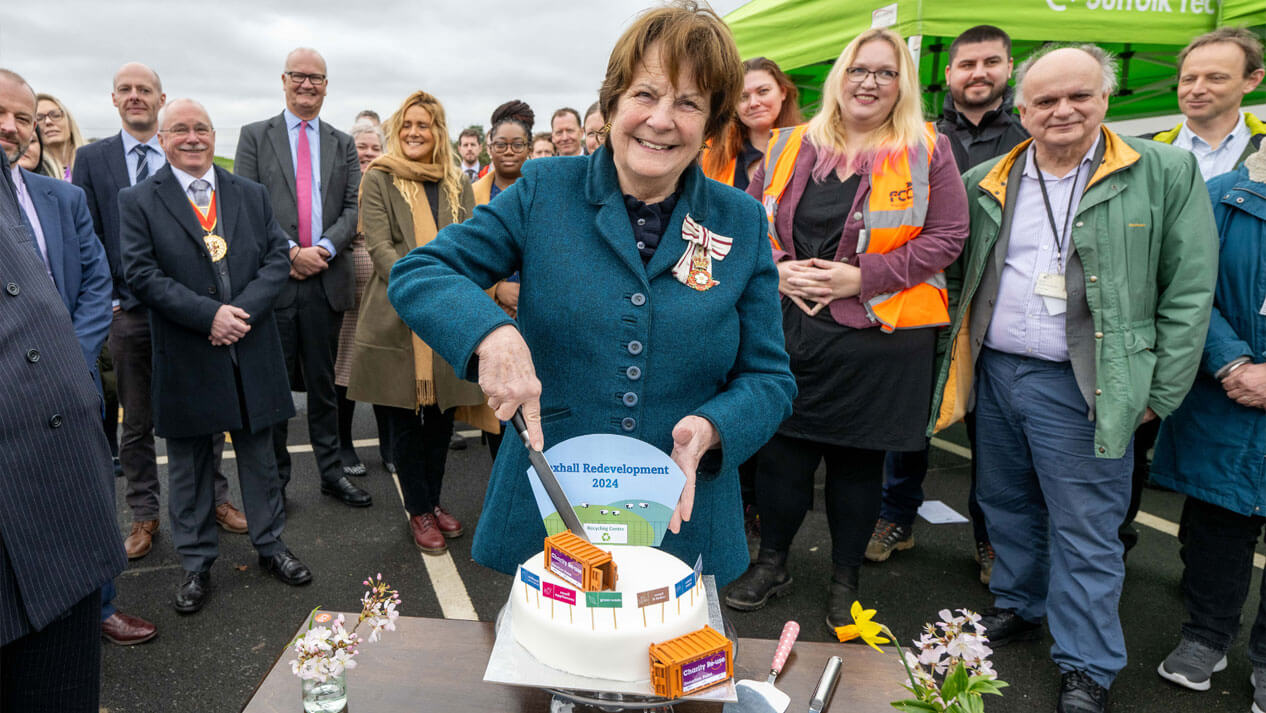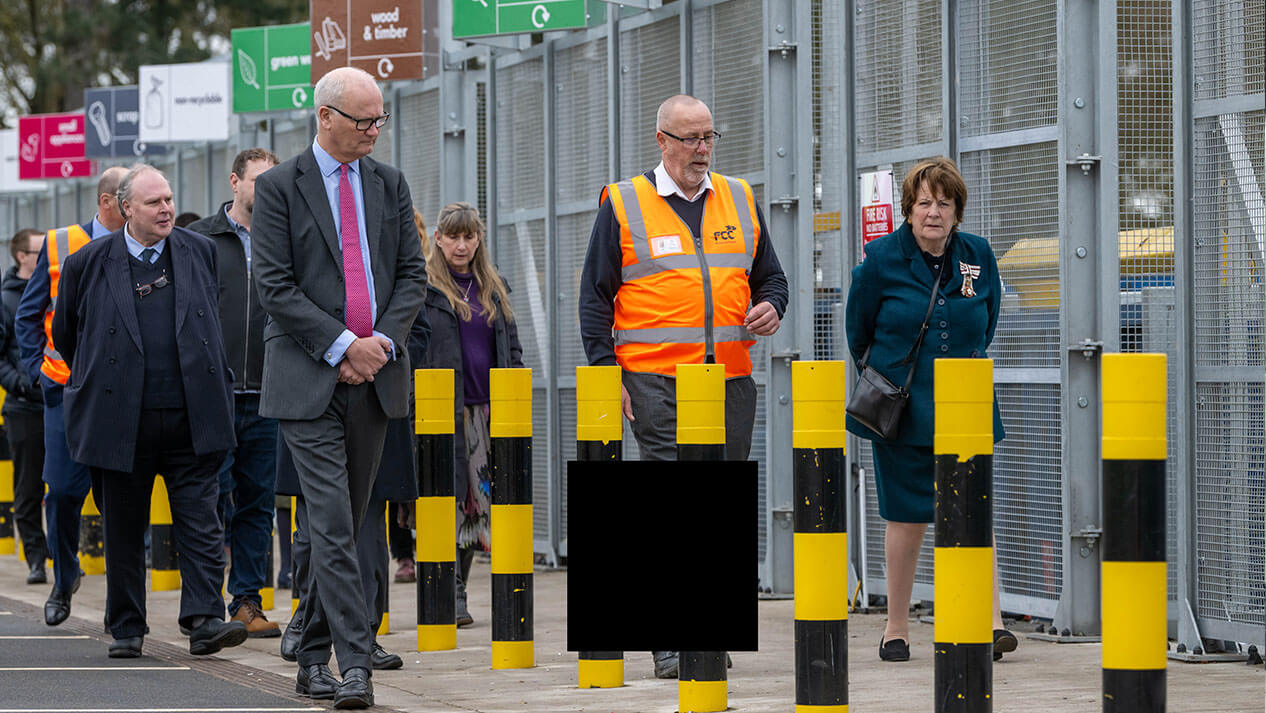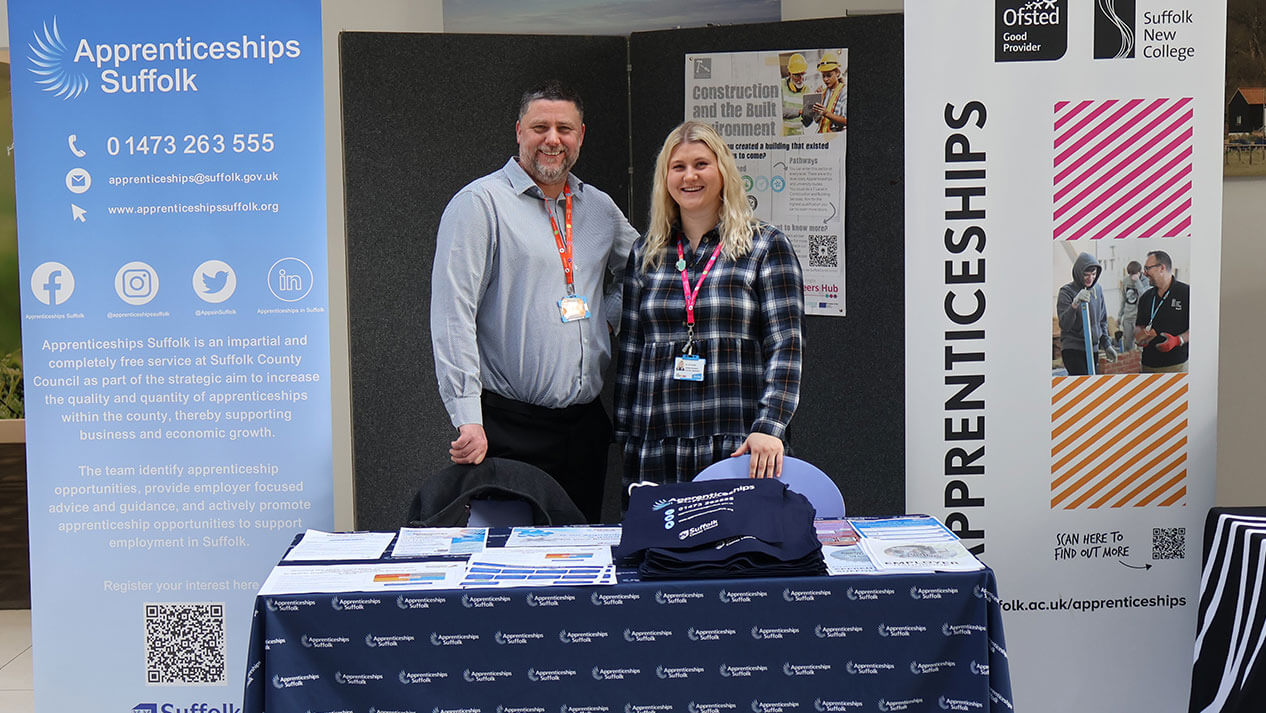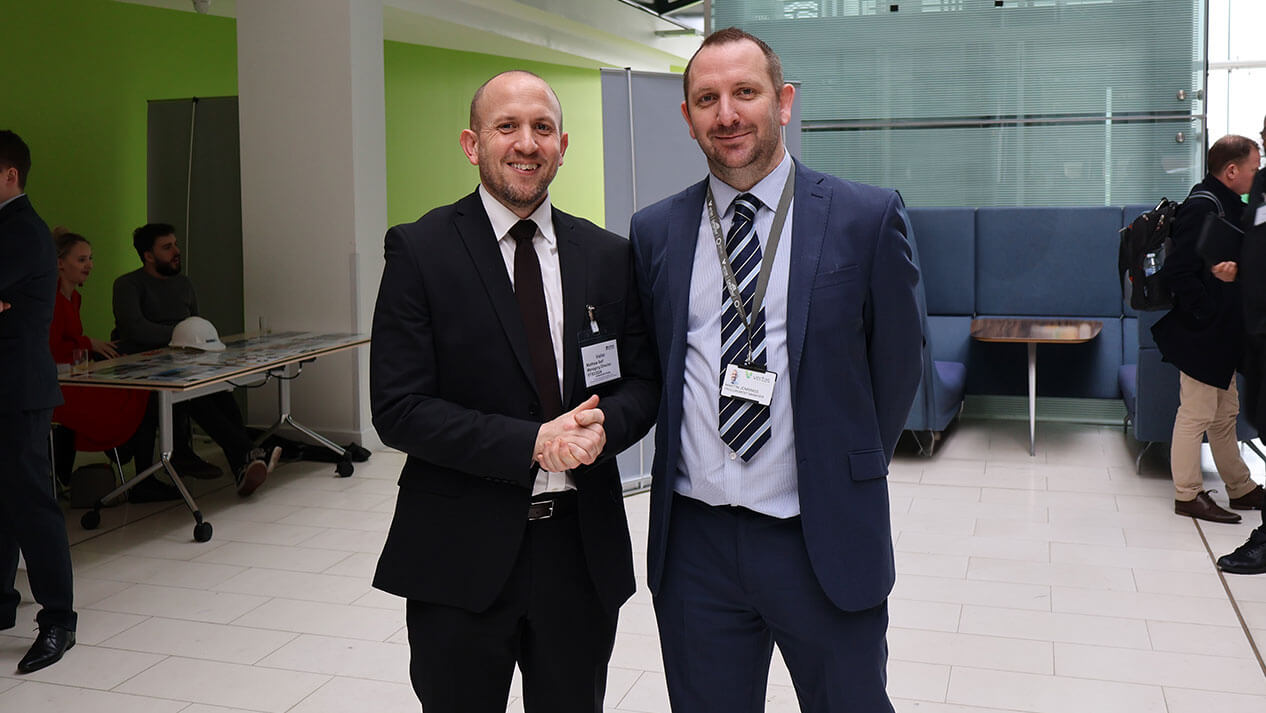Can you give us an overview of what you and the Energy team at Concertus do?
We work collaboratively with customers to enhance energy and water performance by creating, evaluating, implementing, and sustaining best practices across all aspects of their business. This includes the use of smart metering, flexible procurement, and efficient lighting.
Our team also works closely with local authorities and public bodies on behalf of Suffolk County Council to develop and share good practices. We then coordinate council involvement in regional and national energy procurement and energy-saving initiatives.
The team prepare reports, business cases, and justifications for new strategies, initiatives, and projects. We also manage trading agreements and maintain regular communication with customers. We aim to be integral to a high-quality service and provide value for money. We ensure that the highest possible quality is delivered at the lowest possible cost.
How does Concertus Energy Management support businesses to deal with multiple suppliers and reduce their overall energy consumption and costs?
I think most importantly, it’s by customer care. Our company stands out from the rest by providing unlimited helpdesk support to all our customers, all the time. But before that happens, once we have received an enquiry, we will visit the site and produce a site report outlining the customer needs and requirements, and tailor fit their energy needs to their business. We are always available to assist our clients through phone, email, or any other communication channel.
Our services include bill validation, active management of utility metres, complete analysis of data consumption, and supplier query management. With a combined experience of over 40 years, our team is proficient in finding the best possible deals for our clients to ensure they are spending their energy bills wisely.
Many customers have been using the service for several years. Can you talk about why this is and what Concertus Energy Management do to maintain these relationships?
At our company, we understand that dealing with multiple utility suppliers can be a time-consuming and costly process for our customers. That’s why we offer our expertise and experience to handle these tasks on their behalf. Our team has worked for utility suppliers in the past, which means we have a thorough understanding of the industry and know how to negotiate beneficial discounts and terms for our customers.
In addition to saving our customers time and money, we also aid with energy spend budget forecasting. This service helps our customers plan their energy usage in advance, which leads to better budgeting and more efficient use of resources. We can also provide important consumption data for carbon planning purposes. This information is crucial for businesses and organisations looking to reduce their carbon footprint and promote sustainable practices.
Over the years we have proven we provide our customers with a comprehensive and hassle-free service that saves them time and money while promoting sustainability. We take pride in our work and are committed to delivering the best possible outcomes for each and every one of our customers. That’s why people enjoy working with us.
As more businesses strive to adopt eco-conscious practices that align with evolving environmental standards, energy sustainability is becoming a priority. How can you support businesses to adopt cleaner and more sustainable energy sources and practices in line with this?
We have designed our tendering process to require all suppliers to disclose their environmental practices. We believe that every supplier should share our values and commitment to protecting the environment.
We take great pride in the fact that the power we supply is by 100% renewable energy. Our energy sources come from solar, hydro, and wind technologies that are clean and sustainable. We believe that using renewable energy is crucial for reducing our carbon footprint and mitigating the effects of climate change.
As many businesses seek to gain tighter control of overheads in a challenging economic environment, how does Concertus Energy Management stay current with the latest energy technologies and regulations?
We offer a flexible purchasing portfolio where we can monitor the wholesale prices of utilities and potentially purchase when the market is on a downtrend. This allows us to protect our customers from price hikes in volatile markets. We keep ourselves updated with the latest technologies and regulations by being registered with OFGEM, which is the government-regulated body. We also use suppliers who have cutting-edge technology for metering and billing services, and we regularly receive information on proposed changes in the industry.
